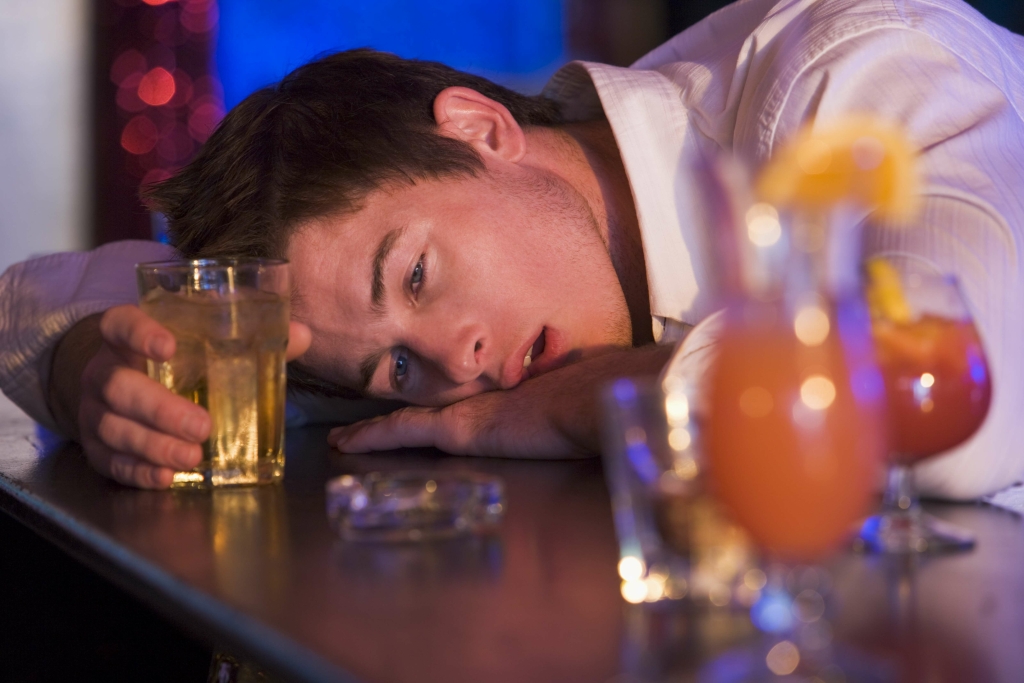Content
Many of the neurochemical imbalances found in PTSD victims can also be caused by alcohol consumption, both of which affect the hippocampus, amygdala, and prefrontal cortex. The instance of being triggered can be debilitating and potentially dangerous all its own. A person might forget where they are and in the midst of a flashback try to flee or partake in some other action that could put them in harm’s way, say for instance, “fleeing” into a busy intersection. Instances like these are just one of the ways that PTSD can severely interfere with a person’s ability to function in day-to-day life. In some cases, the condition worsens to the point of being considered a disability.
- Before you know it, you’ve had a couple more drinks than you’d anticipated.
- A 2009 report showed that drinking increases the relative risk of injury many times over.
- Most people are at-risk for a blackout when their blood alcohol concentration, or BAC, reaches or exceeds 0.16%.
- There is a huge difference between blacking out and passing out.
- This is mainly attributed to the fact that a woman’s blood alcohol content will usually rise quicker than a man’s BAC.
They may not stumble around when walking or seem like they’re out of it. They may even seem more sober than those who have had less to drink. There is actually a well-defined scientific reason for why the brain just can’t store new memories after consuming a certain amount of booze. Before you know it, you’ve had a couple more drinks than you’d anticipated. Call our confidential hotline to speak with an addiction specialist now. «Although it was a short stay at Discovery, I feel I got a lot out of meetings, commitments, feed back, and advice from my family.» «Dear Steve and Pete, I enjoy my time here at Discovery Institute. I really believe that the structure program is working for me.»
Online Therapy
In a “blackout,” the alcohol level is high enough to affect many areas of the brain, including the hippocampus, where long-term memories are stored. When this happens, the person has the combination of social disinhibition, a staggering but still functional motor ability, and no ability to keep a memory record of what is happening. This can have serious ethical and legal ramifications—people who pass out can be the victims, while those who black out can be the victims or perpetrators of sexual assault and other forms of violence.

As many as 55% of women and 38% of men in the military have been targets of sexual harassment. And https://ecosoberhouse.com/ more than one fifth of women in the VA health care system report experiencing sexual assault.
Different Types of Blackouts
Because the blackout drinker has no memory of the incident it is hard for them to feel any kind of remorse for their actions. Some studies have indicated that people who are diagnosed with PTSD and abuse alcohol may drink in an attempt to experience positive emotions. Alcohol use may improve their mood but is more likely to temporarily numb negative feelings followed by more serious negative feelings as the effects wear off. It is also possible for alcohol use to intensify the negative feelings that are already experienced. PTSD and alcohol abuse may occur together due to the tendency of people diagnosed with PTSD to engage in self-destructive behavior and the desire to avoid thinking about the trauma. We also understand what it takes to lower your risks and stay healthy.
You could be having a blackout and seem completely coherent to others around you. A common experience after having a blackout is hearing stories about your behavior and having absolutely no recollection of it ever occurring. A primary sign of PTSD is the avoidance of unwanted or painful experiences. As a result, it is very common for people suffering from PTSD and alcohol or other drugs. Researchers ptsd alcohol blackout coined the phrase “happy hour effect” to describe how, even among casual drinkers alcohol consumption rises after, but not during, stressful situations. Based on a tension-reduction theory of alcohol usage, these findings were the polar opposite of what we predicted. If alcohol is used primarily to relieve anxiety, it should be consumed more often during stressful periods rather than afterward.
